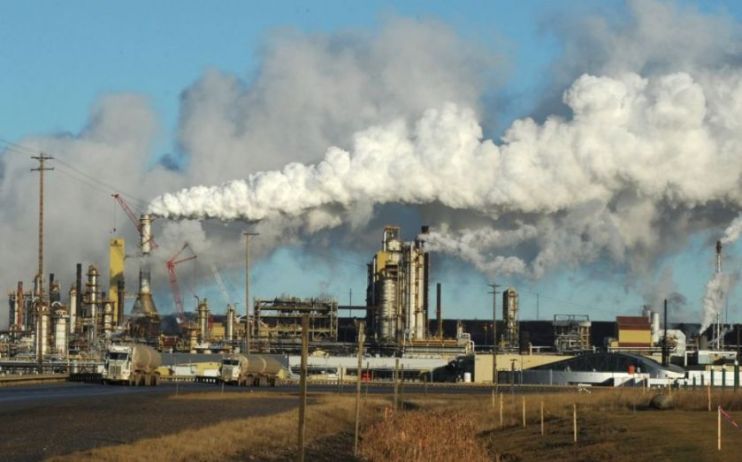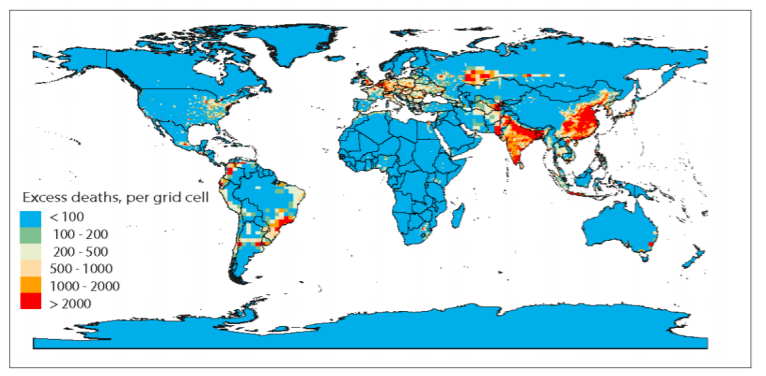Fossil fuel pollution causes one in five premature deaths: study

Three British universities have discovered that fossil fuel pollution is responsible for one in five premature deaths globally, with western Europe facing some of the greatest mortality rates.
The new research, published this morning, suggests the health impacts of burning coal, oil and natural gases are far higher than originally believed – with Eastern North America, western Europe and South East Asia disproportionally impacted.
8.7m annual deaths are attributed to fossil fuels in these areas.

To date, the study by University College London (UCL), Birmingham University, Leicester University and Harvard University, has provided the most damming evidence against fossil fuels.
A study by the Global Burden of Disease in 2017 had placed the number of annual deaths from all outdoor airborne ‘particulate matter’, including smoke and dust, at 4.2m – half of today’s figure.
Based on data from 2018, the study relied on satellite and surface observations to estimate the global annual concentrations of ‘particulate matter’ in the air.
“Rather than rely on averages spread across large regions, we wanted to map where the pollution is and where people live, so we could know more exactly what people are breathing,” Karn Vohra, of the University of Birmingham and first author of the study, said.
The researchers found that exposure to fossil fuel emissions accounted for 18 per cent in deaths in 2018, dropping from 21.5 per cent in 2012 as China imposed stricter measures to curb emissions.
Co-author and environmental epidemiologist at the Harvard T.H. Chan School of Public Health Joel Schwartz said: “We hope that by quantifying the health consequences of fossil fuel combustion, we can send a clear message to policymakers and stakeholders of the benefits of a transition to alternative energy sources.”